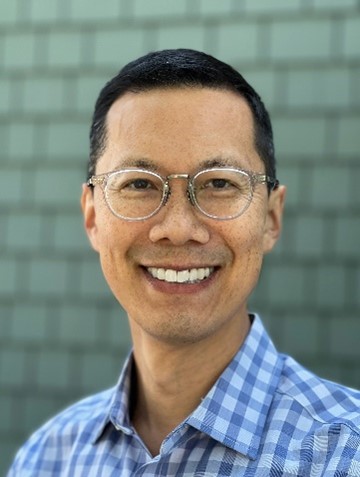
Hope and Recovery for Everyone: Cultural Factors in Suicide Care
Overview
People from all cultural groups will be affected by suicide, non-fatal suicidal behavior, and suicidal ideation, often in significantly different ways. Theoretical frameworks and practice recommendations to address these outcomes continue to emerge and evolve. To promote hope and recovery for everyone, this course applies a framework for cultural competency training to suicide care with diverse populations. This course discusses a model for how culture influences suicide risk and suggests the use of clinical tools for culturally informed assessment and management of suicide risk.
Note: This course assumes basic knowledge of suicide risk assessment, whether through All Patients Safe: Suicide Prevention Training for Medical Professionals (Basic & Advanced) or through other training.
Hope and Recovery for Everyone: Cultural Factors in Suicide Care should take approximately 1 hour to complete.
Learning Objectives
Topics Covered
- Working definitions of culture, cultural competence, and cultural humility
- A framework for cultural competency training
- Attitudes to support cross-cultural work
- The limits of the “categorical approach” in training
- Differences in suicide-related health status among people from different cultural groups
- Differences in suicide care among people from different cultural groups
- Cultural factors and suicide risk
- The DSM-5 Cultural Formulation Interview
- The Cultural Assessment of Risk for Suicide Screener
- Cultural factors and safety planning
Learning Objectives
- State a working definition of culture.
- Identify four categories of cultural factors that influence suicide risk.
- Identify a sequence of assessment and management using clinical tools that account for the effects of culture on suicide risk and suicide care.
Faculty
 Dr. Jeffrey Sung is a board-certified psychiatrist and clinical assistant professor in the University of Washington Department of Psychiatry and Behavioral Sciences. His work includes training and advisory roles with Forefront Suicide Prevention and the Center for Suicide Prevention and Recovery. He has developed and delivered trainings on suicide prevention, suicide care, and responding to patient suicide locally and nationally for a broad range of health professionals, lay audiences and organizations, including technology companies and the U.S. Navy. For seventeen years, he provided psychiatric care in downtown Seattle through a Health Care for the Homeless Network grant. Dr. Sung also maintains a private practice for patient care, training, forensic and clinical consultation.
Dr. Jeffrey Sung is a board-certified psychiatrist and clinical assistant professor in the University of Washington Department of Psychiatry and Behavioral Sciences. His work includes training and advisory roles with Forefront Suicide Prevention and the Center for Suicide Prevention and Recovery. He has developed and delivered trainings on suicide prevention, suicide care, and responding to patient suicide locally and nationally for a broad range of health professionals, lay audiences and organizations, including technology companies and the U.S. Navy. For seventeen years, he provided psychiatric care in downtown Seattle through a Health Care for the Homeless Network grant. Dr. Sung also maintains a private practice for patient care, training, forensic and clinical consultation.
Course Acknowledgements
This course was developed by Forefront Suicide Prevention and the AIMS Center at the University of Washington, thanks to the Harborview Behavioral Health Institute and funding from the Substance Abuse and Mental Health Services Administration (SAMHSA).
Authors
- Jeff Sung, MD
- Emma Mallonee, MPH
Contributors
- Jenny Nguyen, MD
Developers
- Alan Gojdics, MEd
- Melissa Farnum, MA
- Diana Roll

 Facebook
Facebook Twitter
Twitter LinkedIn
LinkedIn Forward
Forward